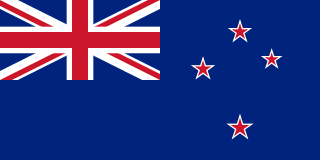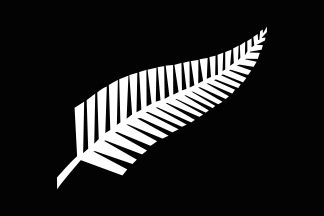And by “breaking new legal ground” I mean “beginning with a presumption of guilt” in all rape cases:
Fundamental pillars of the criminal justice system may be eroded whichever party wins the election this year, as both National’s and Labour’s proposals would look into changing the right to silence or the presumption of innocence in rape cases.
Both major parties claim the current system is not upholding justice for victims, and are looking at changes that would effectively make it easier for prosecutors to obtain convictions.
National wants to explore allowing a judge or jury to see an accused’s refusal to give evidence in a negative light, while Labour wants to shift the burden of proof of consent from the alleged victim to the accused.
Auckland University law professor Warren Brookbanks said both policies challenged two fundamental principles: the right to silence, and the presumption of innocence, which are both protected in the Bill of Rights Act.
New Zealand needs a third political alternative, as both of these parties are proposing to take away fundamental rights in pursuit of a higher conviction rate. Taking away the right to silence is bad, but getting rid of the presumption of innocence is equally bad:
Labour’s justice spokesman Andrew Little did not think the party’s proposal would lead to more innocent people being convicted.
“I don’t see why. You’re assuming that there is a propensity to lay false complaints. There is no evidence pointing to that.”
He said eroding the right to silence went too far, but Justice Minister Judith Collins said the same of Labour’s proposal.
“The presumption of innocence is fundamental to our justice system and our society. Requiring an accused person to prove their innocence would undoubtedly result in many injustices and wrongful convictions.”
A quick Google search for “false accusations in rape cases” turned up 4.3 million hits. Even the Wikipedia page on the subject (and Wikipedia editors tend to be pro-victim rather than pro-police) say that between 2% and 8% of all rape accusations are false. New Zealand’s “initiatives” in this area seem bound to create more injustice for the accused than improved justice for victims.







